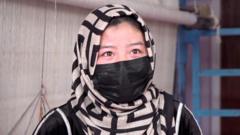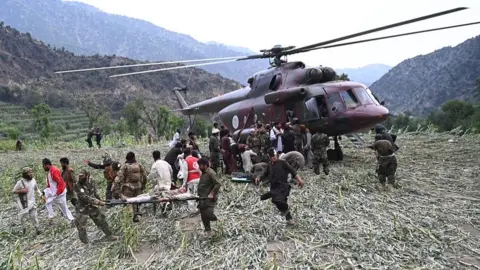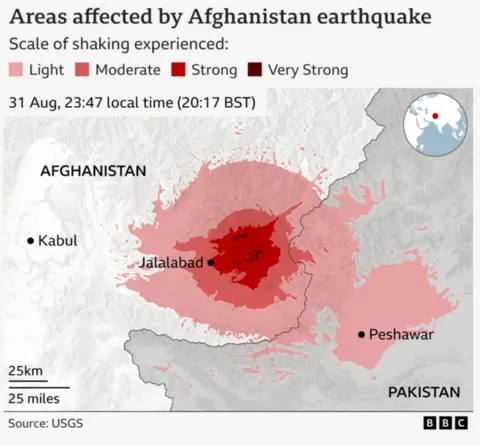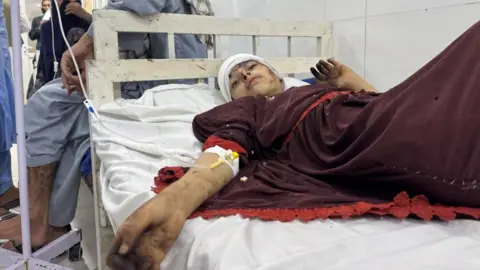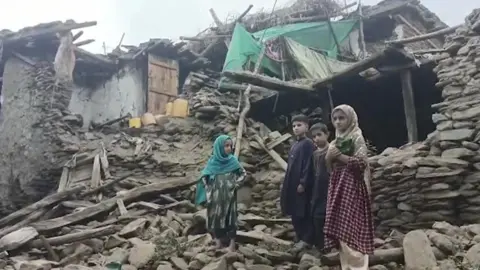In the heart of Kabul, a vibrant yet stifling workshop buzzes with the activity of countless women and girls engaged in carpet weaving. Among them, 19-year-old Salehe Hassani reflects on their stark reality: "We girls no longer have the chance to study," she expresses with a hint of resilience. Following the Taliban's takeover in 2021, girls over 12 have been denied access to schools, with many women barred from various professions, further limiting their economic opportunities.
Prior to the Taliban's rule, Afghanistan had a persistently low female workforce participation rate of only 19%, which has since declined. The lack of diverse employment options has forced many young girls into the world of carpet weaving, a rare profession permitted for women under the new regime. According to the UN, approximately 90% of the workforce in this industry comprises women, constituting a crucial source of income for about 1.2 to 1.5 million Afghans.
Despite the carpet export business experiencing a surge with profits reported at $8.7 million in early 2024, workers often see little financial return. Many weavers earn around $27 for each square meter produced, a process that can take upwards of a month. This translates to less than a dollar a day, illustrating the harsh realities of their long, tedious shifts that can extend to 12 hours.
Companies like Elmak Baft, headed by Nisar Ahmad Hassieni, employ hundreds of women while trying to navigate the challenges posed by the economy. Hassieni emphasizes the importance of supporting those affected by educational restrictions through the establishment of workshops dedicated to carpet weaving and wool spinning. His company exports around 50-60% of its products, catering to demand abroad while the local market suffers.
The education ban impacts not just economic stability but the personal aspirations of young girls like Shakila, 22, and her siblings. Once hopeful about future careers in law and journalism, they have turned to carpet weaving as the sole means of survival, often having to shoulder the burden of family support. Shakila recalls learning the craft from her father, and now it serves as their family's lifeline amid ongoing economic hardships.
Trauma from past violence around their education has left a lasting mark; Samira, who experienced a deadly attack at her school, struggles with emotional scars yet dreams of returning to her studies. With a positive outlook, she expresses a longing to pursue her education once the situation stabilizes.
Amidst the shadows cast by limitations, Salehe chooses to continue her self-education, having spent the past three years learning English. Her dreams, unfazed by the obstacles, include becoming a leading doctor and contributing to the healthcare system in Afghanistan. The struggle for education among Afghan girls persists as they adapt to an uncertain future, balancing the demands of work with the hope of reclaiming their right to education.

